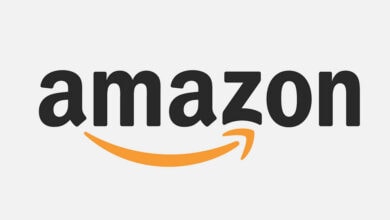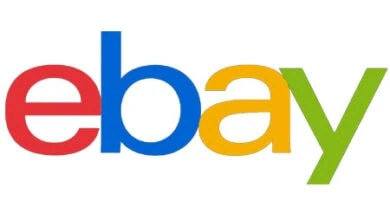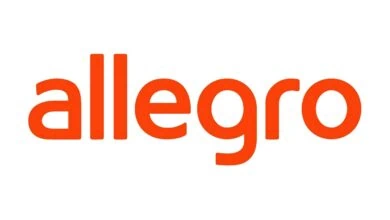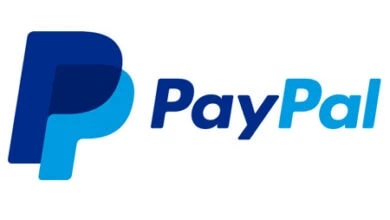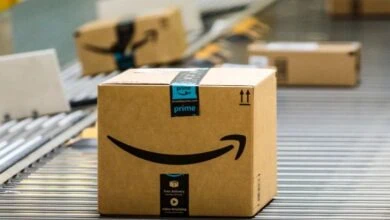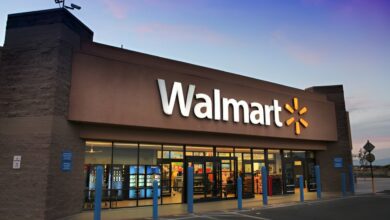PayPal developments in ChatGPT and Shopware – updates
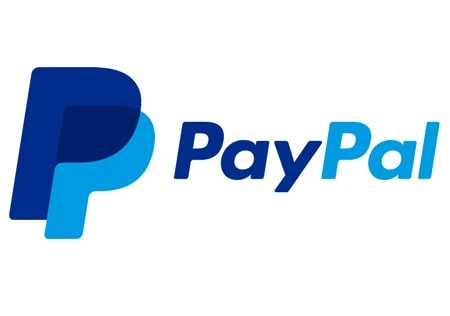
PayPal developments in ChatGPT and Shopware signal a major shift in how people will discover products and pay online. PayPal says its wallet will be coming soon to ChatGPT, and PayPal merchants will be discoverable in the chat experience. That means shoppers could find items, chat about them, and move straight to purchase with very few taps. The move is part of a wider set of fall announcements focused on helping sellers use AI platforms, including new work with OpenAI and Google, as well as efforts with ecommerce players like BigCommerce. After PayPal split from eBay in 2015, these partnerships opened fresh doors. Now, AI may become a new springboard for the company and its merchant base.
Alex Chriss, PayPal’s CEO, framed the goal in simple, forward-looking terms. He said PayPal is partnering with OpenAI and adopting an open standard known as the Agentic Commerce Protocol. The aim is to power payments and commerce experiences that take people from chat to checkout in a few taps. For users, that feels intuitive. For merchants, it promises reach in places where people already spend time and ask questions.
OpenAI and Stripe developed the protocol as open source, so companies can transact with any AI agent and payment processor. This is a big deal because it lowers the walls that often slow innovation. PayPal developments in ChatGPT and Shopware rest on this idea of interoperability. Instead of many one-off integrations, there is a shared framework that different services can use. That can speed up discovery, payments, and the handoff steps in between.
PayPal has also posted a video on YouTube showing its partnership with OpenAI, focused on Instant Checkout and agentic commerce. The company is inviting sellers to learn more about these agentic tools and to join a waitlist on the PayPal.ai website. With these steps, PayPal developments in ChatGPT and Shopware point to a future where millions of products can be found and purchased right inside a chat. The promise is simple – make buying as easy as asking a question.
Agentic Commerce Protocol – what ACP means for merchants and shoppers
A central driver behind PayPal developments in ChatGPT and Shopware is the Agentic Commerce Protocol, or ACP. OpenAI and Stripe created ACP as an open source standard. The protocol allows any company to transact with AI agents and a range of payment processors. For PayPal, ACP becomes the backbone that links chat-based discovery to trusted payments. It replaces a maze of bespoke connections with a common language that agents and payment systems can understand. That offers a path to scale.
PayPal is building on ACP with its own ACP server. The company says that in 2026, the product catalogs of small businesses and big brands alike will flow into ChatGPT commerce through this server. Categories include apparel, fashion, beauty, home improvement, and electronics. PayPal describes the ACP server as a trusted, scalable, and compliant access layer to a global network of merchants. Importantly, it will not require individual merchant integrations. That point matters for busy sellers who cannot afford complex, one-off tech projects.
Behind the scenes, PayPal will manage merchant routing, payment validation, and orchestration. In plain terms, it will handle the nitty-gritty so buyers and sellers do not have to. The result, if all goes as planned, is that millions of products become discoverable and purchasable directly through ChatGPT. PayPal developments in ChatGPT and Shopware, grounded in ACP, are about making the path from a shopper’s question to a confirmed order much smoother.
For shoppers, this can reduce the back and forth that happens across tabs and apps. For merchants, it can unlock visibility in a channel that is always on and highly conversational. The fact that ACP is open source also signals a wider industry push. It invites more participants to adopt common practices so agentic shopping can grow in a safe and interoperable way. In short, ACP ties the promise of chat commerce to the practical rails of payments, and PayPal developments in ChatGPT and Shopware place those rails under a very large network of sellers.
Google partnership – powering next-generation payments and agentic shopping
Another pillar of PayPal developments in ChatGPT and Shopware is PayPal’s new partnership with Google. Last month, the companies announced a deal to embed PayPal solutions across Google’s products and platforms. Google CEO Sundar Pichai said the partnership will use Google’s AI to enhance services and security, while integrating PayPal’s payment capabilities for a better experience. Beyond day-to-day payments, the two companies are teaming up on agentic shopping and commerce experiences that align with the same industry shift driving chat-based buying.
PayPal and Google said they are developing standards to help shape the future of agentic commerce. They highlighted advocacy for best practices, including Google’s Agent Payments Protocol. The vision is a secure, open, and scalable solution that can support the next wave of AI-driven shopping. The partnership also includes PayPal using Google Cloud to power its next-generation commerce and payments platform. PayPal’s CEO Alex Chriss underscored the theme of trust and innovation in this new world of agentic commerce, saying the companies are leading the way to create more opportunities for merchants and users worldwide.
PayPal has also entered a partnership with Perplexity that will give PayPal and Venmo customers early access to Perplexity’s Comet AI browser. In addition, PayPal announced a partnership with Mastercard. While details were not expanded in the announcements, these moves point to a wider network effect. When taken together with OpenAI, Google, and ecommerce platforms, PayPal developments in ChatGPT and Shopware are part of a broader fabric pulling payments, discovery, and AI into a more connected experience.
For sellers, the near-term takeaway is to stay close to official updates. PayPal posted a video about its work with OpenAI to power Instant Checkout and agentic commerce, and it is inviting sellers to a waitlist on PayPal.ai. As these pieces come together, PayPal developments in ChatGPT and Shopware suggest that shopping journeys will become more automated, more contextual, and more secure, with trusted identity and personalization from PayPal’s stack meeting Google’s AI capabilities across massive surfaces.
Shopware stake – why a bigger role in Europe matters
PayPal developments in ChatGPT and Shopware also include a strategic equity move in Europe. PayPal has increased its stake in Shopware, the German ecommerce software provider, to around 41 percent. The company previously held about 11 percent after a 2022 round that brought in 100 million dollars from Carlyle and PayPal. PayPal acquired shares that had been owned by Carlyle, and the financial terms were not disclosed. Shopware powers more than 50,000 online sellers worldwide, with most based in Germany and across Europe.
This larger stake could give PayPal more leverage over product development, future integrations, and merchant strategies at Shopware. The practical upside is clear. PayPal can link its payment services more seamlessly with Shopware’s merchant platform. That, in turn, could streamline cross-border payments and enhance checkout experiences. For European sellers who already rely on Shopware’s tools, closer alignment with PayPal’s payment infrastructure may reduce friction at the most important moment in the customer journey.
The move also fits PayPal’s broader activity in German ecommerce. For years, PayPal has ranked as the most popular payment method in Germany. By deepening its role in a major European platform, PayPal developments in ChatGPT and Shopware align with a strategy to meet merchants where they are strongest. It also sets the stage for potential synergies with agentic commerce. As ChatGPT commerce evolves and PayPal’s ACP server matures, the network of Shopware sellers could be well positioned to benefit from discoverability and simplified settlement, once the building blocks are in place.
For merchants in Europe, this moment is about preparation and awareness. The ownership shift by itself does not change your storefront overnight. But it opens a path for tighter integrations that could arrive over time. When combined with PayPal developments in ChatGPT and Shopware on the AI side, the Shopware stake points to a future where European catalogs and cross-border flows can plug into chat-first discovery and trusted payments with fewer seams.
Steps merchants can take now to prepare
With PayPal developments in ChatGPT and Shopware moving quickly, merchants can take a few simple steps to stay ready. First, review PayPal’s agentic updates directly from the source. PayPal invites sellers to learn more about its agentic tools and to join a waitlist at PayPal.ai. That is the most direct line to timelines, requirements, and best practices as they become available. PayPal has also shared a YouTube video that explains its partnership with OpenAI around Instant Checkout and agentic commerce. Watching that overview can help teams align on what is coming.
Second, if you use Shopware, keep an eye on official Shopware and PayPal releases about integrations. PayPal now holds about 41 percent of Shopware after acquiring Carlyle’s stake. The companies note that a larger stake could enable more seamless payment links within Shopware and could streamline cross-border payments while enhancing checkout. That means there may be opportunities to simplify payment settings or to expand accepted methods as new features roll out. Staying alert to those updates lets you act early.
Third, understand the role of ACP in this new landscape. The Agentic Commerce Protocol is open source and is designed so AI agents can transact with different payment processors. PayPal developments in ChatGPT and Shopware use ACP and introduce an ACP server that, in 2026, will bring product catalogs to ChatGPT commerce without individual merchant integrations. Knowing that this is the direction helps you plan. Clean product data and clear policies often make adoption smoother when new discovery and checkout channels arrive.
Finally, consider your broader footprint across Google’s ecosystem, since PayPal and Google are embedding solutions and co-developing agentic shopping standards. While each business is unique, it helps to map where customers already discover and research products so you can take advantage of new surfaces as they open up. Above all, keep your focus on trust and clarity. The leaders involved stress security, identity, and personalization. As PayPal developments in ChatGPT and Shopware progress, merchants who stay informed and customer centric will be best placed to benefit from this next chapter in digital commerce.





